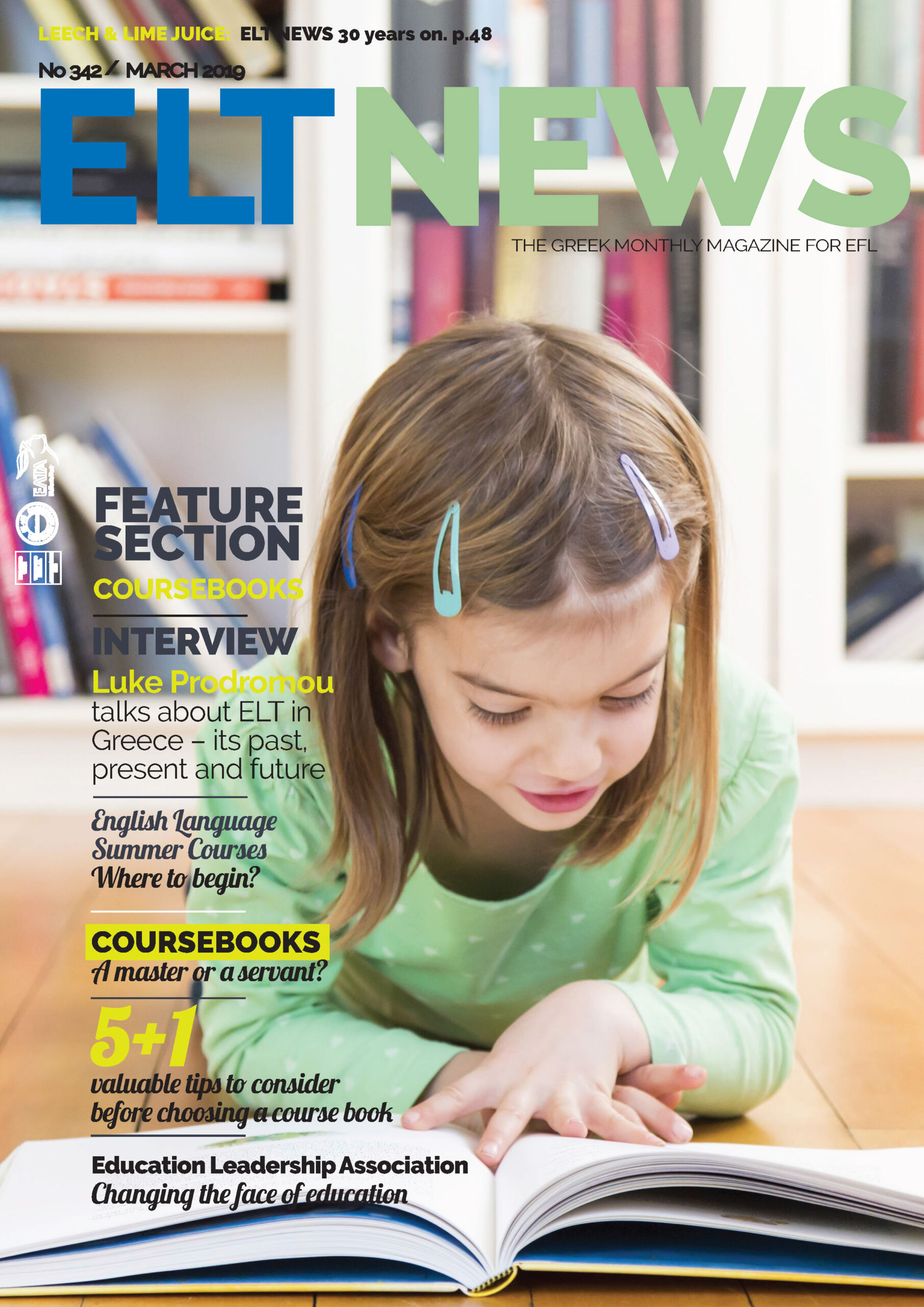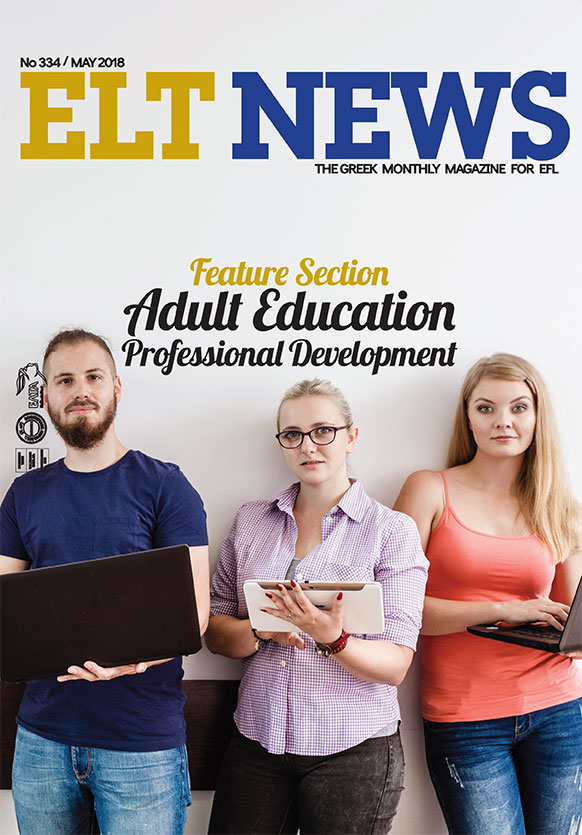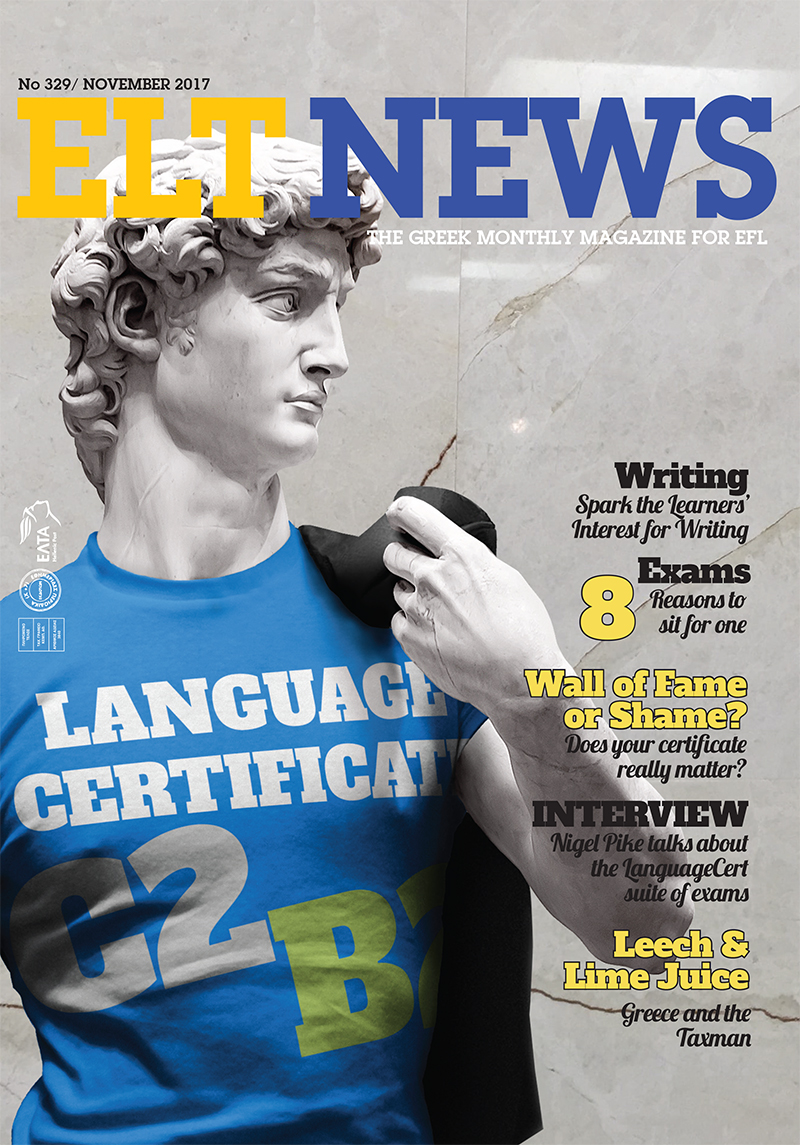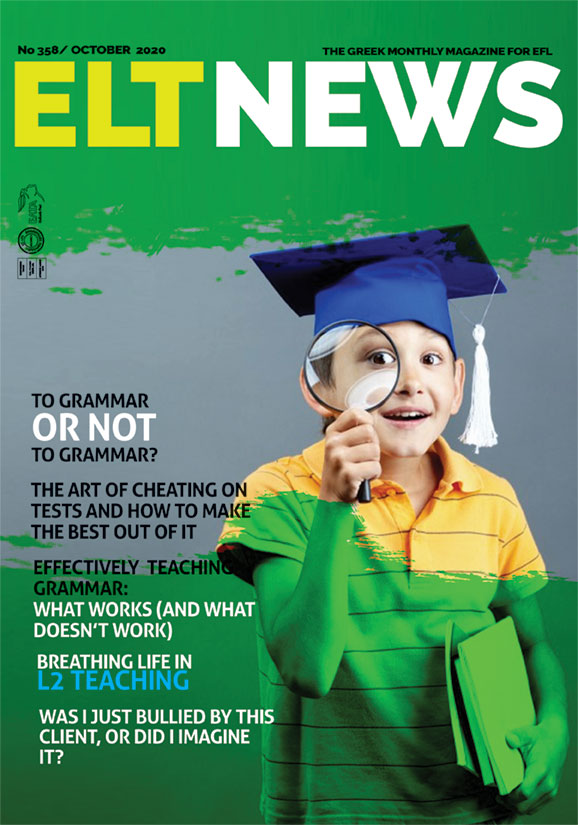Do we need coursebooks?
Coursebook selection and evaluation is a complex and multifaceted task. Especially at a time when the market is inundated with a host of coursebooks for the teaching of English as a foreign language, selecting a suitable coursebook becomes a critical process, since it can have an enormous impact on students’ engagement, motivation to learn, and ultimately their language performance.
The selection of a coursebook signals an executive educational decision in which there is considerable professional, financial and even political investment.
Why do we need coursebooks?
It is widely accepted that the coursebook lies at the heart of any English language teaching situation. It offers advantages for teachers and language students alike, and it constitutes a useful resource for both teachers and learners. It is a convenient basis on which to mould the unpredictable interaction which is necessary to classroom language learning. What are the reasons that justify the widespread use of coursebooks in ELT throughout the world?
Firstly, coursebooks are indispensable in ELT contexts because it is difficult for teachers themselves to create their own teaching material. In addition, coursebooks minimise preparation time by providing ready-made teaching texts and learning tasks. Finally, coursebooks can serve both as a syllabus and as a framework of classroom progress
Coursebooks usually serve multiple roles in ELT such as:
a resource for presentation material (spoken/written)
a source of activities for learner practice and communicative interaction
a resource for self-directed learning or self-access work
a support for less experienced teachers.
Advantages and disadvantages
of coursebooks
The positive outcomes of coursebooks in the English classroom are the following:
- a) Coursebooks are psychologically indispensable for students since their progress and achievement can be measured concretely.
- b) Published materials have more credibility for students than teacher-generated or “in-house” materials.
- c) Coursebooks are usually sensitive to students’ needs. Even if they are not written specifically for your students, they save time and money.
- d) Teachers need little preparation time for lesson planning, whereas teacher-generated materials can be defective in terms of time, cost and quality.
- e) Coursebooks constitute an effective resource for self-directed learning and for presentation of material, a source of ideas and activities, a syllabus where they reflect pre-determined learning objectives, and support for less experienced teachers who may be lacking in confidence.
Apart from the above benefits, coursebooks help standardize instruction, maintain quality, provide a variety of learning resources, can provide effective language models and input, and are usually visually appealing and attractive for students. Good textbooks often contain lively and interesting material, provide a sensible progression of language items clearly showing what has to be learnt and in some cases summarizing what has been studied so that students can revise grammatical and functional points that they have been concentrating on.
Despite the above undeniable benefits however, coursebooks have also been criticized for the following reasons.
- a) Coursebooks are not flexible and generally simply mirror the pedagogic, psychological, and linguistic preferences of their authors.
- c) They are often too contrived and artificial in their presentation of the target language. For example many scripted language models and dialogues are unnatural and inappropriate for communicative or cooperative language teaching.
- d) Textbooks may prevent teachers’ creativity if teachers are obliged to follow the coursebooks sequence to the letter.
- e) Teachers may find themselves as mediators; they only carry out teaching practices imposed on them.
Coursebook Selection
Coursebook selection is a critical process. If it is judged to have some negative consequences (e.g. it does not stimulate the students’ interest, and/or it contains very few authentic reading texts), remedial action should be taken, e.g. by adapting or supplementing it.
Of course, English teachers should bear in mind that an effective coursebook evaluation is not limited to assessing only the coursebook, since it is usually part of a whole package. Most publishers offer English coursebooks which are accompanied by:
- Teacher´s Book (with suggestions, lesson plans, teaching ideas, etc.)
- Workbook
- Companion
- CD with the listening texts
- Tests
- DVD
- Internet support
All this material should be carefully examined by teachers before making the decision to use the coursebook package that fits in their own teaching situation.•



